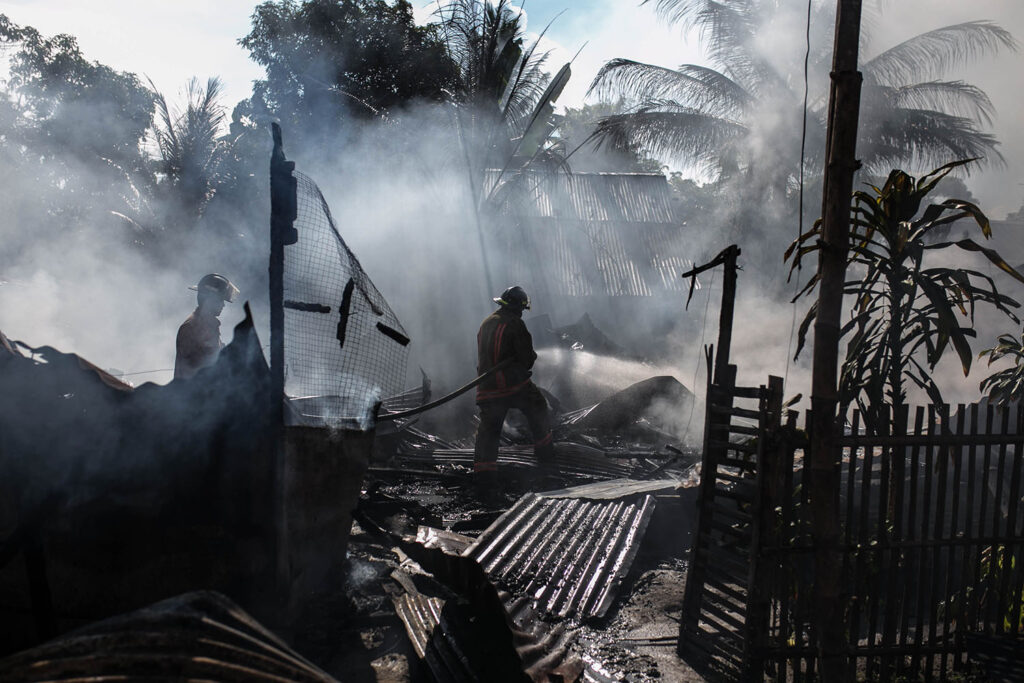BOTH WORLDS 2020, il tanto atteso Forum Economico di Confindustria Romania, quest’anno svolto in modalita’ LIVE streaming.
Confindustria Romania consolida la sua posizione di interlocutore privilegiato delle Istituzioni come rappresentante dei maggiori investimenti italiani in Romania. Straordinaria partecipazione non solo dalla Romania ma anche dall’Italia e dai Paesi dell’Est Europa.
Un Pannel di Relatori di assoluto rilievo che hanno saputo garantire una visione innovativa sul tema della ripartenza economica. Da parte della Presidenza romena la Consigliera di Stato Sandra Pralong, Coordinatrice del Gruppo di lavoro inter istituzionale sul rimpatrio della forza lavoro rumena dall’estero. Come istituzioni italiane, L’Ambasciatore d’Italia a Bucarest, Marco Giungi.
Il Presidente di Confindustria Est Europa e Presidente della Consulta di Confindustria per le Rappresentanze internazionali, Luca Serena. Per il Governo romeno, Il Sottosegretario di Stato del Ministero dell’Economia, Energia e Medio di affari,Liviu Rogojinaru e il Sottosegretario di Stato del Ministero del Lavoro e della protezione sociale Alin Ignat.
Pannel di rilievo anche per gli interventi tecnici. Riccardo Maria Monti, Presidente esecutivo della Fondazione Italia-Cina, Presidente di Italferr spa, societa’ del Gruppo ferrovie dello stato italiane, oltre a molte altre cariche di prestigio ricoperte in questi anni come: Vice Presidente della Simest e Presidente dell’ICE – Agenzia per la promozione all’estero e l’internazionalizzazione delle imprese italiane. Fulvio Italiano Membro Gruppo Tecnico Internazionalizzazione di Confindustria Romania e Executive Network Director BDB Holding. Riccardo Parasporo, Presidente Esecutivo BDB Holding, Partner Romania.
Subito in apertura del Convegno un’apprezzamento di rilievo, da parte degli esponenti della Presidenza e del Governo romeno, indirizzata al Presidente di Confindustria Romania, Giulio Bertola, per l’operativita’ espressa in questi mesi durante i lavori del Gruppo inter istituzionale sul rimpatrio della forza lavoro romena dall’estero e per la straordinaria progettualita’ del Patronato indirizzata al mondo del lavoro grazie al lungimirante Protocollo siglato tra Imprenditori italiani e Lavoratori romeni, richiamato dalla Consigliera di Stato Sandra Pralong come un “Atto Storico”, non solo per la Romania.
Durante il Forum, Confindustria Romania ha lanciato ufficialmente il suo Progetto per sostenere il Paese, GATE Romania. Due punti fondamentali caratterizzano questo importante progetto
Il primo, vista l’emergenza sanitaria in atto, e’ la creazione di un ambiente di lavoro, stabile, sicuro e sereno, con iniziative congiunte tra le principali forze produttive del Paese, Imprenditori e Lavoratori, nell’assistenza sanitaria integrativa attraverso le best pratices italiane no profit. Azione necessaria per aumentare la coesione sociale e continuare a produrre e distribuire ma nel rispetto delle persone in prima linea: Imprenditori, Manager e Lavoratori.
Confindustria Romania e’ considerata la punta avanzata tra tutte le iniziative italiane nella sanita’ integrativa, oggi attivate a sostegno del Paese.
Un sostegno concreto e immediato alla popolazione e un supporto indiretto alla sanita’ pubblica romena, oggi fortemente sollecitata, con una caratteristica fondamentale, quella di non aver richiesto investimenti da parte di nessuno.
“La Posizione di centralita’ della Romania la pone come candidato designato a divenire GATE economico, commerciale e logistico per l’intera Regione dell’Est Europa, ma la creazione di una stabilita’ economica e sociale nel mondo del lavoro sara’ un elemento fondamentale. Come rappresentanti degli investimenti italiani in Romania, siamo orgogliosi di essere riusciti a contribuire, in tema di lavoro e protezione sociale, al processo di creazione di questa straordinaria convergenza progettuale e operativa tra le principali forze del Paese, elemento chiave per una ripartenza economica sostenibile”, dichiara il Presidente di Confindustria Romania, Giulio Bertola.
Il secondo punto fondamentale del progetto GATE ROMANIA, e’ rappresentato dalla piu’ performante e autorevole struttura organizzativa e rete relazionale a livello internazionale in cui convergono operativamente diverse strutture di massimo rilievo.
Il progetto GATE ROMANIA potra’ disporre, in primis, di contatti all’interno del proprio Sistema Confindustria nel mondo, di cui e’ parte integrante Confindustria Romania.
Solo la Confindustria in Italia vanta ben 217 territoriali e Associazioni di Categorie, a cui si aggiunge Confindustria Est Europa, la Confederazione che puo’ contare su 11 Confindustrie Estere, di cui la Romania e’ la piu’ storica e la piu’ grande. Confindustria Russia, molto radica in un mercato davvero interessante quanto difficile da avvicinare commercialmente. Oltre a Confindustria Assafrica & Mediterraneo che copre ben 70 paesi che si affacciano sul mediterraneo, medio oriente e Africa Sub Sahariana e australe.
Al Sistema Confindustria nel mondo, si aggiungono la storica collaborazione con la Confagricoltura italiana e la condivisione progettuale, di una mutualita’ europea, discussa con i vertici di A.N.S.I. l’Associazione Nazionale sanita’ Integrativa italiana, partendo proprio dalla straordinaria esperienza mutualistica in Romania. A completamento del Progetto GATE ROMANIA, troviamo anche un network relazionale di importanti professionisti internazionali, con stabili organizzazioni in piu’ di 35 Paesi nel mondo, specializzati in investimenti Cross Border, a cui si aggiungono tutti gli strategici e innovativi Protocolli, sottoscritti da Confindustria Romania con le principali Forze Associative, Patronali, Sindacali e Camerali del Sistema Paese romeno.
Una struttura organizzativa davvero impressionante che puo’ rappresentare per la Romania, in questa fase di ripartenza economica un partner strategico di collegamento con tutti i mercati internazionali per qualsiasi forma di interazione economica sia necessario attivare.
“Le parole insegnano, gli esempi trascinano. Solo i fatti danno credibilità alle parole” (Sant’Agostino). Ecco quindi la nostra conceretezza espressa concretamente con i fatti, in questo innovativo Progetto per la Romania. Stiamo assistendo ad una riconfigurazione dei modelli logistici globali, dove emergono la diversificazione delle forniture e l’avvicinamento delle produzioni. Anche la Romania deve prepararsi ad essere maggiormente attrattiva, quindi in grado di reggere la competizone economica e produttiva tra i vari stati dell’Est Europa che a breve, inevitabilmente, si dovra’ affrontare. Sara’ strategico per il Paese poter disporre di canali d’interazione di nuova concezione verso i mercati internazionali, canali di assoluta professionalita’ e di comprovata capacita’ nella fase attuativa delle relazioni. Tutto questo e’ GATE ROMANIA”, conclude il Presidente Bertola.












